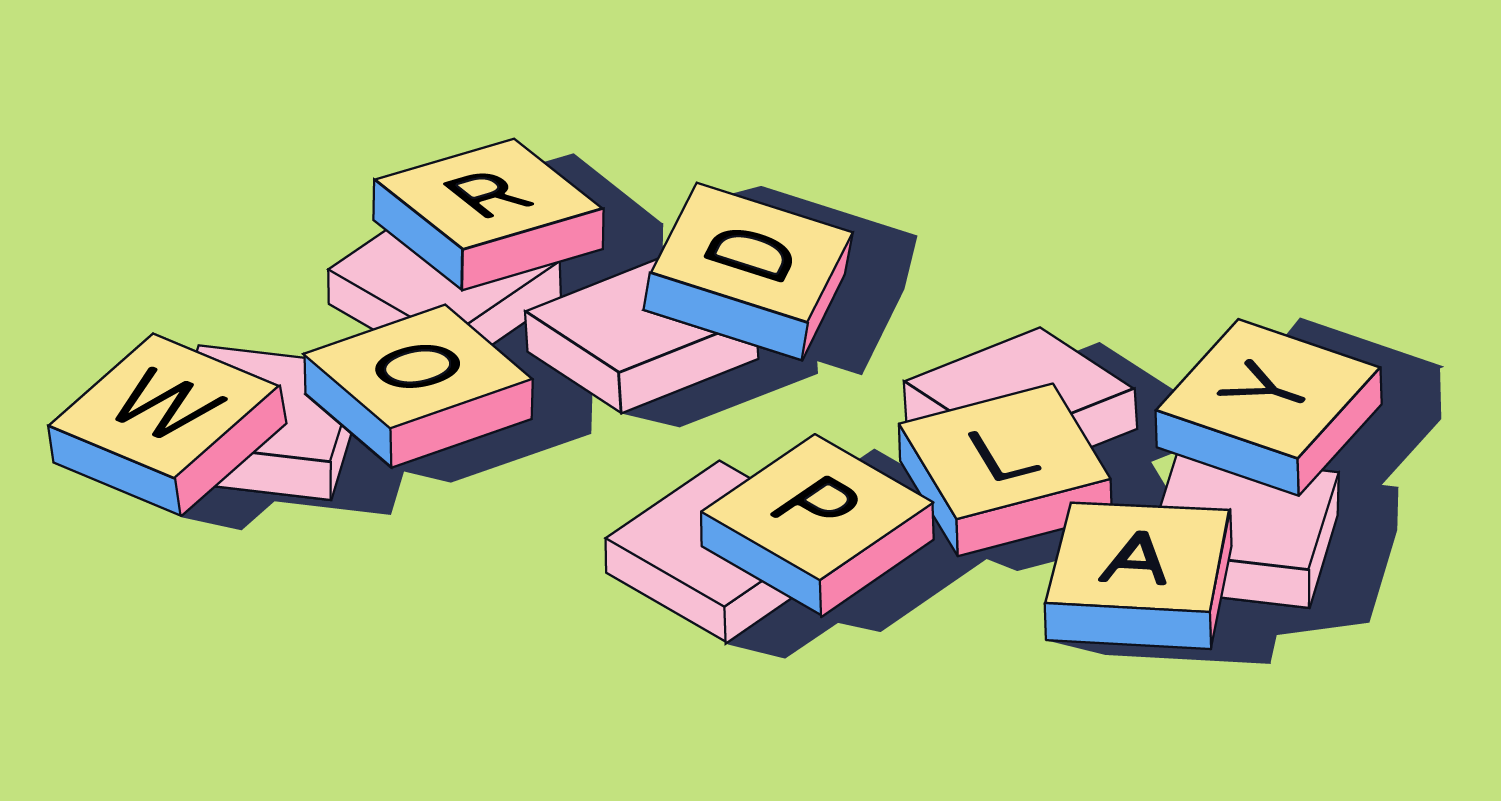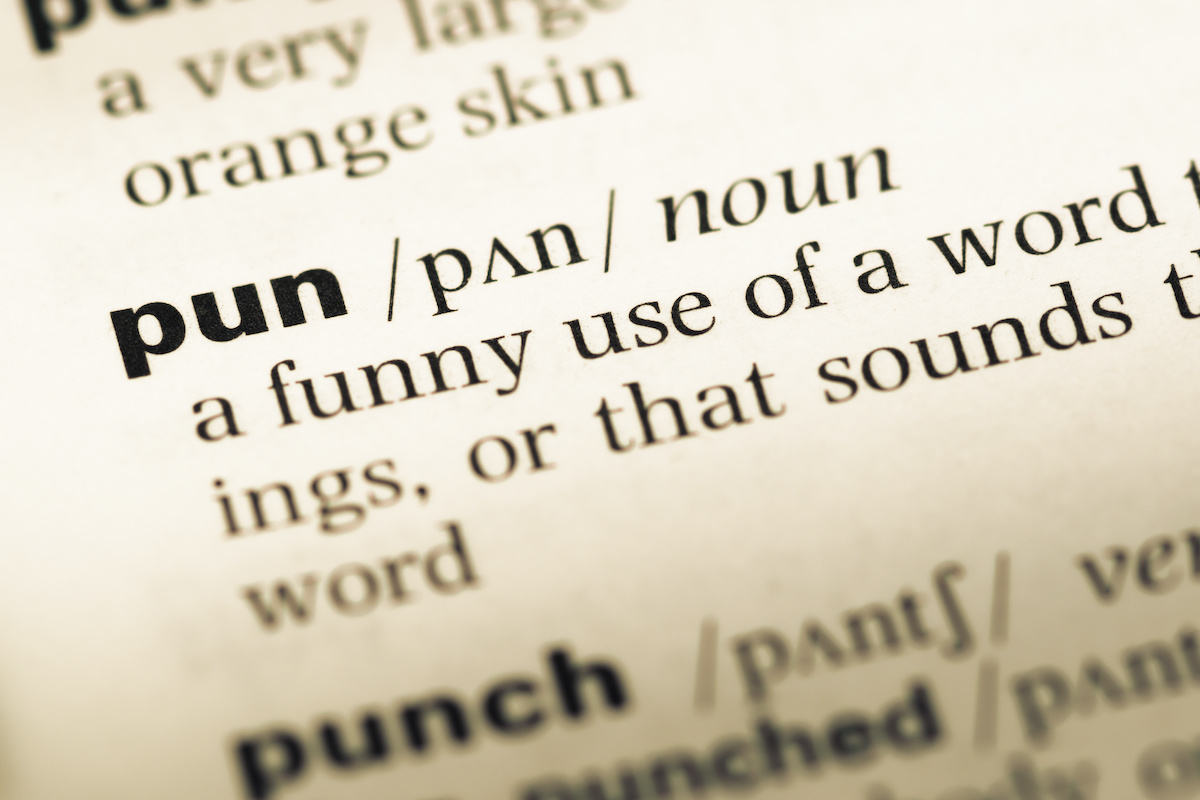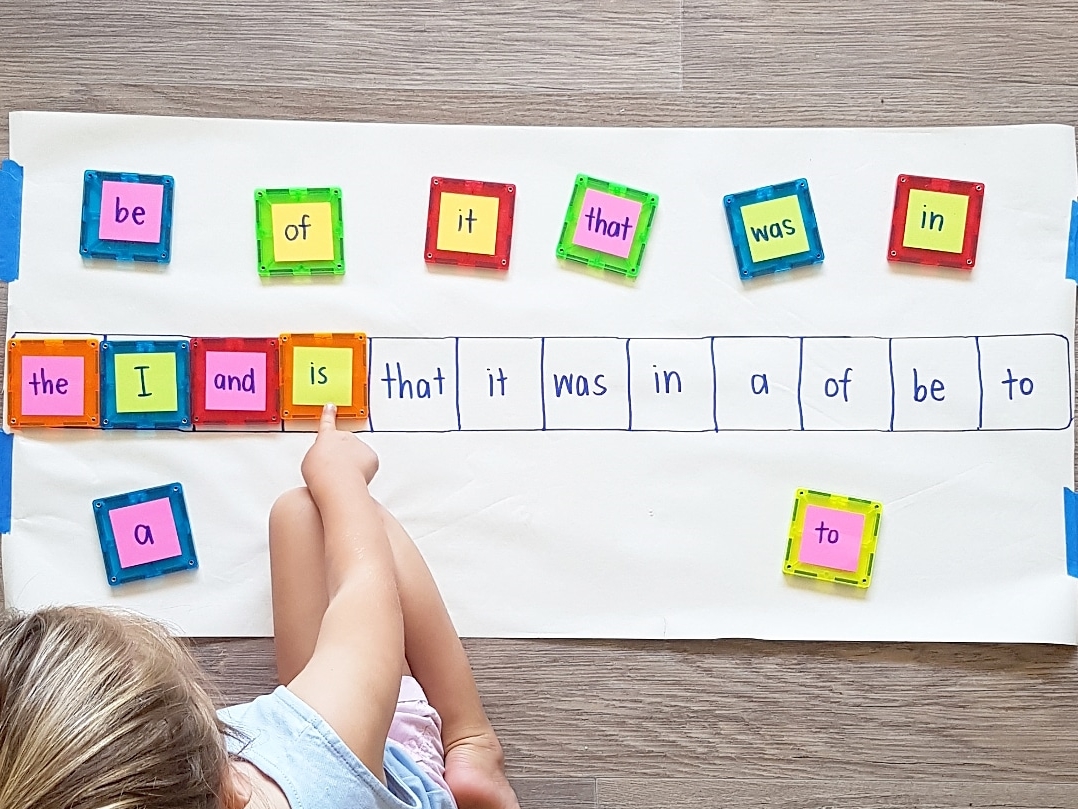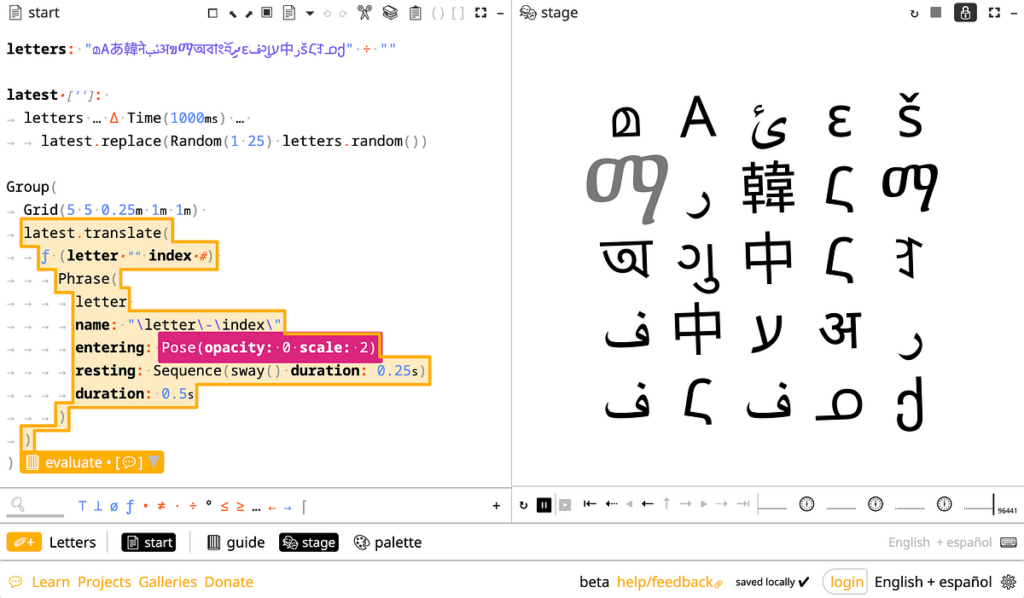Table of Contents
Word play is a clever way of using words to create fun or amusing effects. It can be as simple as a funny joke or a pun that makes you laugh. Writers, comedians, and even kids use word play to make language more interesting and playful. Word play can include things like rhyming, puns, or funny misused words, making it a great way to entertain and communicate.
Word play helps us see language in a new way. It’s not just about following grammar rules but playing with words and their meanings. It can turn boring sentences into exciting ones, making stories and conversations more enjoyable. Whether you’re reading a book, listening to a joke, or watching a movie, word play is everywhere, making language fun!
What is Word Play and Why Do We Love It?
Word play is a technique that involves using words in fun and surprising ways. It’s about making language enjoyable, not just informative. People love word play because it makes us think in creative ways and gives us a good laugh. Whether it’s in jokes, stories, or even advertisements, word play makes the language exciting and full of surprises.
Word play also helps us understand words better. By twisting meanings or sounds, we can see how flexible language can be. For example, a simple pun like “time flies like an arrow; fruit flies like a banana” makes you smile and think about how words can have double meanings.
The Many Forms of Word Play You Should Know

There are different kinds of word play that can be used in writing or speaking. One popular type is a pun. Puns are when two words sound the same but have different meanings, like “I’m reading a book on anti-gravity; it’s impossible to put down.”
Another type is a spoonerism, where the sounds of two words are swapped, like “you have hissed all my mystery lectures” instead of “you have missed all my history lectures.” These little tricks make our language fun and can create laughter in any conversation or story.
How Word Play Makes Writing Fun and Engaging
Using word play in writing can bring characters and stories to life. It makes the text more interesting and enjoyable to read. Writers use puns, clever language, and unusual words to grab the reader’s attention and keep them interested. Instead of just telling a story, word play makes it fun, playful, and memorable.
For example, in Shakespeare’s plays, word play was used to create humor and add depth to his characters. It made the audience think and laugh at the same time, showing how powerful language can be in storytelling.
Using Word Play to Spice Up Your Conversations

Every day, people use word play in their conversations, even if they don’t realize it. Using puns or clever word choices can make a talk more fun and interesting. Imagine saying, “I’m on a seafood diet – I see food and I eat it.” It’s a playful way of expressing something that’s common, making it more memorable.
In jokes or casual chats, word play helps make connections between people, as it’s a way to show wit and creativity. It’s not just about talking; it’s about having fun with the words we use.
Common Types of Word Play: Puns, Spoonerisms, and More
- Puns: These are the most common form of word play. They use words that sound alike but have different meanings, like “a bicycle can’t stand on its own because it’s two-tired.”
- Spoonerisms: These happen when the first sounds of two words are swapped. An example is “a lack of pies” instead of “a pack of lies.”
- Malapropisms: Using the wrong word by mistake, like saying “He’s the pineapple of politeness” instead of “He’s the pinnacle of politeness.”
Each type of word play brings a different twist to language, adding humor, surprise, or even confusion!
More Ideas for Using Word Play in Everyday Life

Word play isn’t just for writers or comedians. It’s something that can be used in everyday life to add fun to conversations, games, and even learning. You can use it to make people smile or even help you remember important facts or ideas. For example, using a rhyme or pun can help make things easier to remember, like when you say “I scream, you scream, we all scream for ice cream.” It’s catchy and fun!
Conclusion
Word play is an exciting and creative way to use language. It helps us communicate in a fun and interesting manner, whether we’re telling jokes, writing stories, or simply chatting with friends. By using word play, we can turn regular sentences into something special and playful, making the world of language much more enjoyable.
The beauty of word play lies in its ability to entertain while also making us think. It can teach us more about words and their meanings, all while giving us a good laugh. So next time you hear a pun or a clever joke, remember that it’s just word play at work, making language fun for everyone!
FAQs
Q: What is word play?
A: Word play is when words are used in clever or funny ways to create effects or amusement, like puns or spoonerisms.
Q: Can word play be used in writing?
A: Yes, writers use word play to make their stories and characters more interesting and fun.
Q: Why is word play important in language?
A: It makes language more engaging, entertaining, and helps us see words in new ways.
Q: What are some examples of word play?
A: Some examples include puns, spoonerisms, malapropisms, and double entendres.
Q: How can I use word play in my conversations?
A: You can use puns or funny word combinations to add humor and creativity to your talks with friends or family.


